 W
WNicolas Ancion is a Belgian writer born in Liège, Wallonia, Belgium, in 1971. His parents were professional puppeteers.
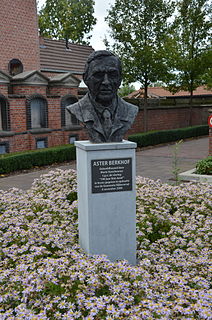 W
WLodewijk Paulina Van Den Bergh, known as Lode Van Den Bergh, also using the pseudonyms Aster Berkhof and Piet Visser, was a Belgian writer.
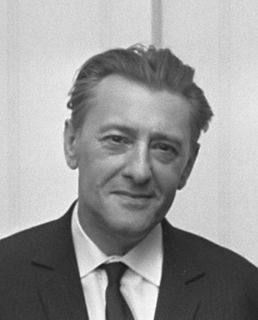 W
WLouis Paul Boon was a Belgian writer of novels, poetry, pornography, columns and art criticism. He was also a painter. He is most known for the novels My Little War (1947), the diptych Chapel Road (1953) / Summer in Termuren (1956), Menuet (1955) and Pieter Daens (1971).
 W
WJean de Bosschère was a Belgian writer and painter.
 W
WMarcel Broodthaers was a Belgian poet, filmmaker and artist with a highly literate and often witty approach to creating art works.
 W
WHerman Frans Martha Brusselmans is a Belgian novelist, poet, playwright and columnist. He lives in Ghent. He is one of the best-selling authors in Flanders, but controversial at the same time for his profane language and offensive comedy.
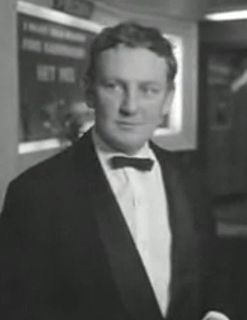 W
WHugo Maurice Julien Claus was a leading Belgian author who published under his own name as well as various pseudonyms. Claus' literary contributions spanned the genres of drama, the novel, and poetry; he also left a legacy as a painter and film director. He wrote primarily in Dutch, although he also wrote some poetry in English.
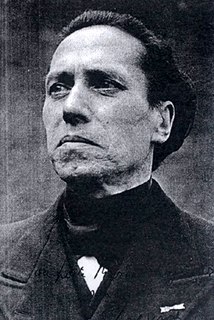 W
WMichel de Ghelderode was an avant-garde Belgian dramatist, from Flanders, who spoke and wrote in French. His works often deal with the extremes of human experience, from death and degradation to religious exaltation. He wrote plays and short stories, and was a noted letter writer.
 W
WEmile Degelin was a Belgian film director and novelist, the director of If the Wind Frightens You His 1963 film Life and Death in Flanders was entered into the 13th Berlin International Film Festival. His 1969 film Palaver was entered into the 6th Moscow International Film Festival. His final film, De ooggetuige, won the audience prize at the Ghent Film Festival in 1995.
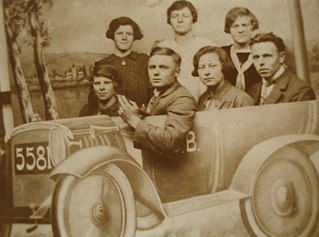 W
WAndré Demedts was a Belgian Flemish writer and teacher. He has published works in many genres, all in Dutch. In 1962 he received the Prijs voor Letterkunde van de Vlaamse Provincies for his work De levenden en de doden. In 1976 he received the award in honour of his life-time career. In 1990 he has received the Award "Driejaarlijkse Staatsprijs voor literatuur" to honour his career as a writer. In 1970 the award André Demedtsprijs was established to reward persons engaged in the cause of the large Dutch/Flemish cultural development with a main purpose to integrate and entangle cultural activities in the Netherlands, Flanders and South Africa.
 W
WConrad Detrez was a Belgian journalist, diplomat and novelist.
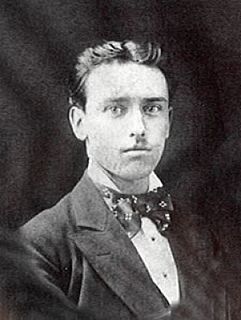 W
WGeorges Eekhoud was a Belgian novelist of Flemish descent, but writing in French.
 W
WJozef Adriaan Anna Geeraerts, better known as Jef Geeraerts, was a Belgian writer.
 W
WValère Joseph Jules Gille was a Belgian poet.
 W
WRobert Goffin was a Belgian lawyer, author, and poet, credited with writing the first "serious" book on jazz, Aux Frontières du Jazz in 1932.
 W
WBaron Arthur Haulot was a Belgian journalist, humanist and poet who served, during World War II as an active member of the Belgian resistance. As president of the Jeunes Socialistes, he was made prisoner and taken to the Dachau concentration camp.
 W
WFranz Hellens, born Frédéric van Ermengem was a prolific Belgian novelist, poet and critic. Although of Flemish descent, he wrote entirely in French, and lived in Paris from 1947 to 1971. He was nominated for the Nobel Prize in Literature four times.
 W
WRobert Herberigs was a Belgian painter, writer and musician.
 W
WHubert Leon Lampo was a Flemish writer, one of the founders of magic realism in Flanders. His most famous book is De komst van Joachim Stiller, in which a mysterious person, named Joachim Stiller, appears as a redeemer, under circumstances reminiscent of the death of Jesus. Other themes that occur in Lampo's work are the myths of Orpheus and the Holy Grail.
 W
WTom Lanoye was born 27 August 1958 in the Belgian city Sint Niklaas. He is a novelist, poet, columnist, screenwriter and playwright. He is one of the most widely read and honoured authors in his language area, and makes regular appearances at all the major European theatre festivals.
 W
WPierre Ryckmans, better known by his pen name Simon Leys, was a Belgian-Australian writer, essayist and literary critic, translator, art historian, sinologist, and university professor, who had been living in Australia since 1970. His work particularly focused on the politics and traditional culture of China, calligraphy, French and English literature, the commercialization of universities, and nautical fiction. Through the publication of his trilogy Les Habits neufs du président Mao (1971), Ombres chinoises (1974) and Images brisées (1976), he was one of the first intellectuals to denounce the Cultural Revolution in China and the idolizing of Mao in the West.
 W
WJacques Mercier is a Belgian writer and television and radio presenter.
 W
WHenri Paul René Ceuppens, who wrote under the pseudonym Ivo Michiels, was a Belgian writer.
 W
WWies Moens was a literary historian, poet and pamphleteer from Flanders. He was also a founding member of the Verdinaso, but left the movement after its change of course in 1934.
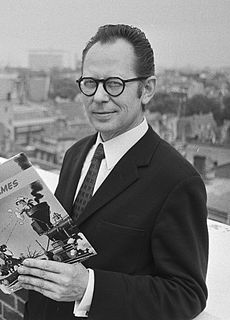 W
WMaurice De Bevere, better known as Morris, was a Belgian cartoonist, comics artist, illustrator and the creator of Lucky Luke, a bestselling comic series about a gunslinger in the American Wild West. He was inspired by the adventures of the historic Dalton Gang and other outlaws. It was a bestselling series for more than 20 years that was translated into 23 languages and published internationally. He collaborated for two decades with French writer René Goscinny on the series. Morris's pen name is an Anglicized version of his first name.
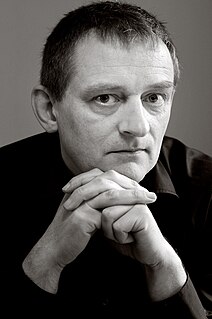 W
WErwin Mortier is a Dutch-language Belgian author. Spending his youth in Hansbeke, he later moved to nearby Ghent, where he became city poet (2005–2006).
 W
WBaron Philippe Roberts-Jones was a Belgian art historian who was the head of conservation of the Royal Museums of Fine Arts of Belgium. A member of the Royal Academy of Science, Letters and Fine Arts of Belgium, of which he was president in 1980, he was also a member of the Free Academy of Belgium and a professor at the Université libre de Bruxelles. He was also a published poet.
 W
WLouis Scutenaire was a poet, anarchist, surrealist and civil servant. Born Jean Émile Louis Scutenaire in Ollignies, Belgium; died in Brussels.
 W
WStanislas-Andre Steeman was a Belgian illustrator and French-language author. His family, originally of Flemish extraction, had long been settled in Liège.
 W
WMarcel Thiry was a French-speaking Belgian poet. During World War I, he and his brother Oscar served in the Belgian Expeditionary Corps in Russia.
 W
WLeopold Maximiliaan Felix Timmermans is a much translated author of Flanders. He was nominated for the Nobel Prize in Literature three times.
 W
WJean-Philippe Toussaint is a Belgian novelist, photographer and filmmaker. His books have been translated into more than twenty languages and he has had his photographs displayed in Brussels and Japan. Toussaint won the Prix Médicis in 2005 for his novel Fuir, second volume of the « Cycle of Marie », a four-tome chronicle published over ten years and displaying the separation of Marie and her lover. His 2009 novel La Vérité sur Marie, third volume of the cycle, won the Prix Décembre.
 W
WFrans Jozef Peter van den Branden was a Belgian writer, most notable for co-authoring Biographisch woordenboek der Noord- en Zuidnederlandsche letterkunde with Johannes Godefridus Frederiks, a biographical dictionary of writers from the Netherlands and Southern Netherlands.
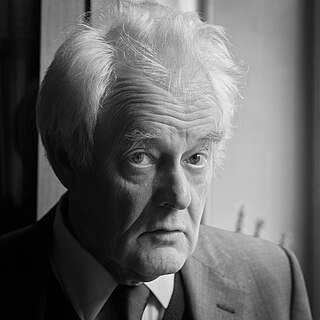 W
WGeert van Istendael is the pseudonym of Geert Maria Mauritius Julianus Vanistendael, a Belgian writer, poet and essayist. He studied sociology and philosophy at the Katholieke Universiteit Leuven. From 1987 until 1993, he worked as a journalist for the Belgian National Television and since 1993 he became a full-time writer. He is a brother of Frans Vanistendael. He is a supporter of Orangism.
 W
WPeter Verhelst is a Belgian Flemish novelist, poet and dramatist. He won the Ferdinand Bordewijk Prijs for Tongkat. His latest novel is a political thriller, Zwerm.
 W
WAntoon-Jozef Witteryck was a publisher and instructor from Belgium, one of the first Esperantists in this countryside.